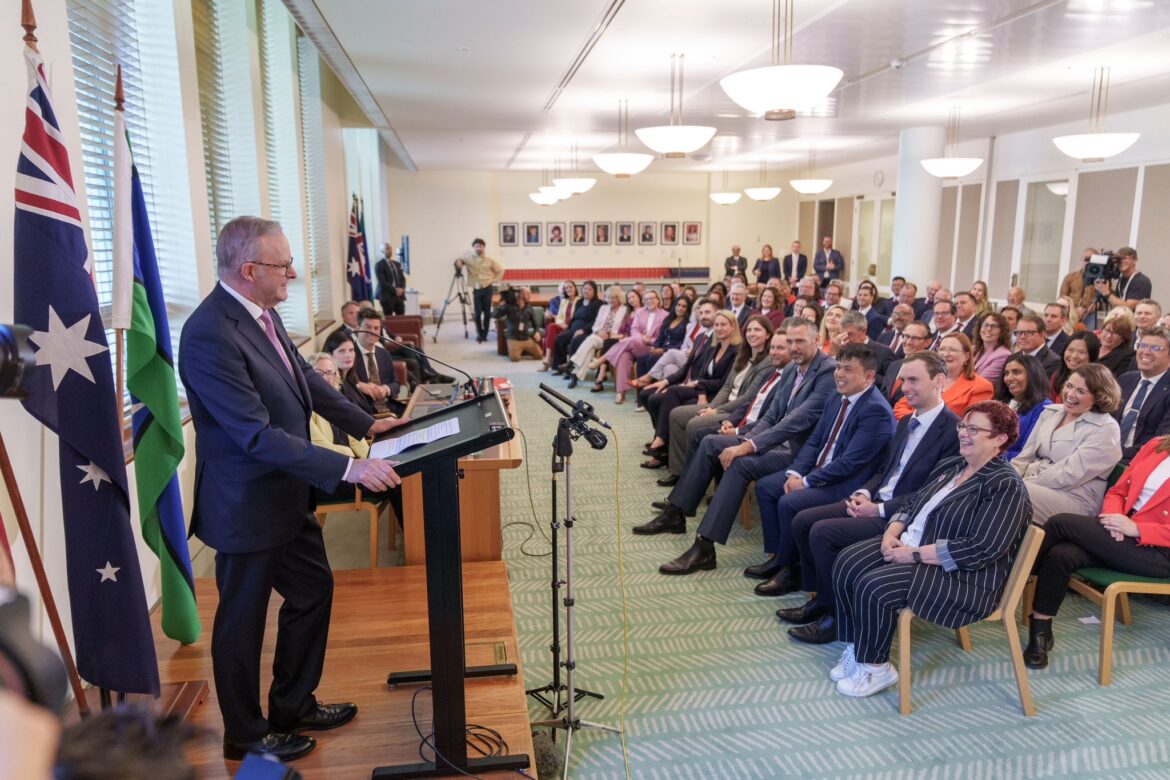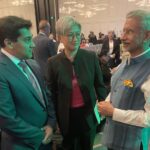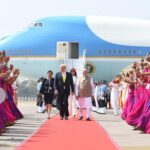Australian Prime Minister Anthony Albanese has secured a second term following the federal election held on May 3, 2025. The Australian Labor Party (ALP) won 87 seats in the House of Representatives, exceeding the 76 required to form a majority government. This marks Labor’s strongest electoral result since 1987.
One of the most notable upsets came in Queensland’s seat of Dickson, where Opposition Leader Peter Dutton was unseated by Labor’s Ali France. A world champion para-athlete, disability advocate, former journalist, and three-time challenger in Dickson, France made history as the first person ever to defeat an opposition leader at a federal election.
In her victory speech, France said, “I will work for all residents of Dickson, regardless of how they voted.”
Acknowledging the grassroots campaign behind her win, she added, “There have been Labor members campaigning in this seat for over 20 years. Tonight, we celebrate their dedication and the community’s trust. Thank you to the federal Labor team for giving us three years of stable government and a plan for Australia that is focused on the needs of this community—delivering cost-of-living relief while strengthening Medicare, investing in housing, renewables, education, TAFE, and the jobs and industries of the future.”
Labor’s broader campaign focused on cost-of-living relief, affordable housing, gender equality, education, Medicare, and climate action. In his victory speech, Albanese reaffirmed his party’s priorities, stating: “We do not need to seek inspiration from abroad—we already find it in our values and our people.”
The 2025 federal election saw a voter turnout exceeding 90 per cent, in line with Australia’s mandatory voting system (official turnout figures are pending confirmation by the Australian Electoral Commission).
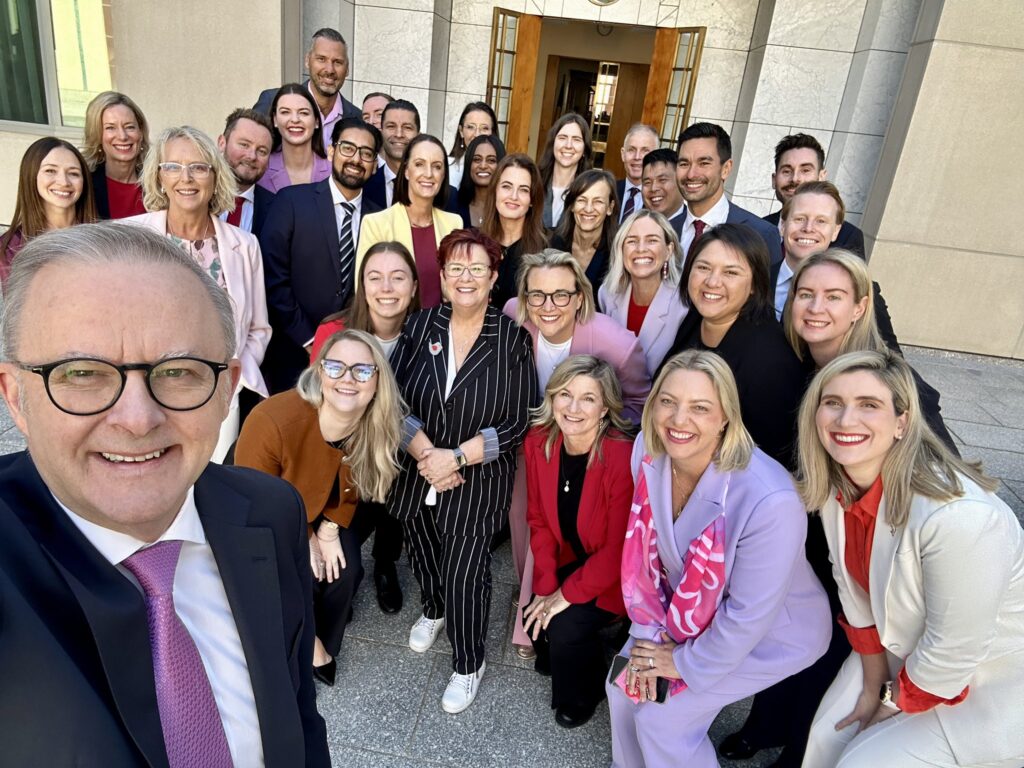
Among the notable developments was a visible increase in the representation of Indian-origin Australians. While previous years saw more prominence at the state level, the 2025 election marked a breakthrough at the federal level, with Indian-Australian candidates gaining ground in both chambers of Parliament.
Senator Varun Ghosh (Labor, WA), who was appointed in 2024 to fill a casual vacancy, was re-elected in the 2025 election to continue serving in the Senate. Former MP and diplomat Dave Sharma also returned to federal politics, winning a Senate seat from New South Wales for the Liberal Party.
In the House of Representatives, Zaneta Mascarenhas (Labor, WA) was re-elected, and Leon Rebello, representing the Liberal National Party in Queensland, won his seat in McPherson.
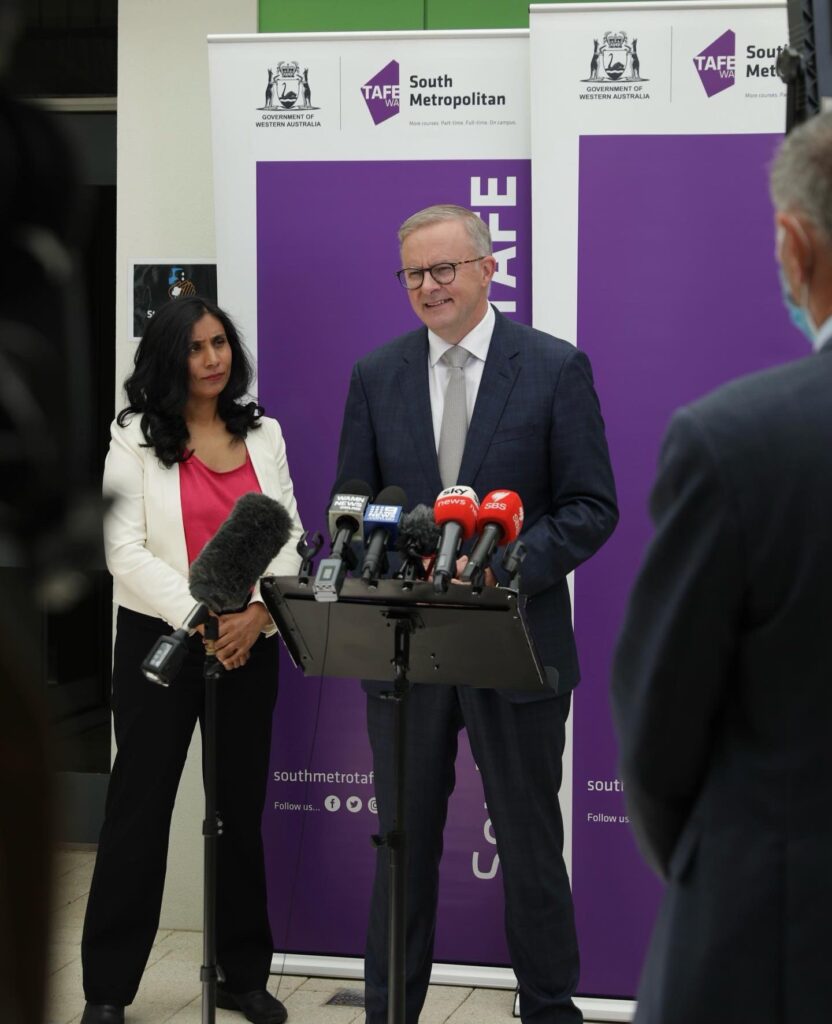
These victories reflect the growing political engagement and increasing representation of the Indian-Australian community across both major parties in federal politics, building on earlier progress made in state parliaments across Western Australia, New South Wales and beyond.
Labor’s re-election is expected to maintain continuity in Australia’s foreign policy, particularly in its strategic relationship with India. Analysts predict enhanced cooperation in trade, regional security, education, technology, and climate change, especially through the QUAD platform, which brings together Australia, India, Japan, and the United States.
The growing presence of Indian-origin politicians in federal Parliament may also deepen people-to-people connections and cultural diplomacy between the two nations.


